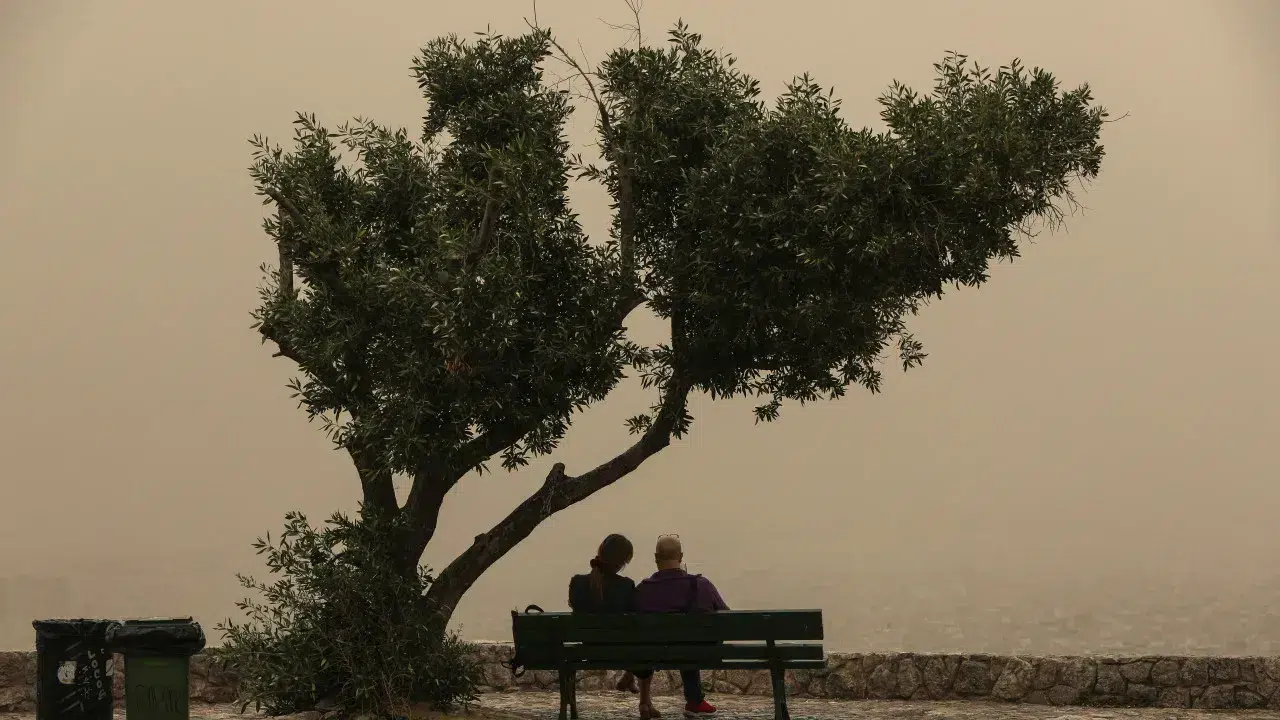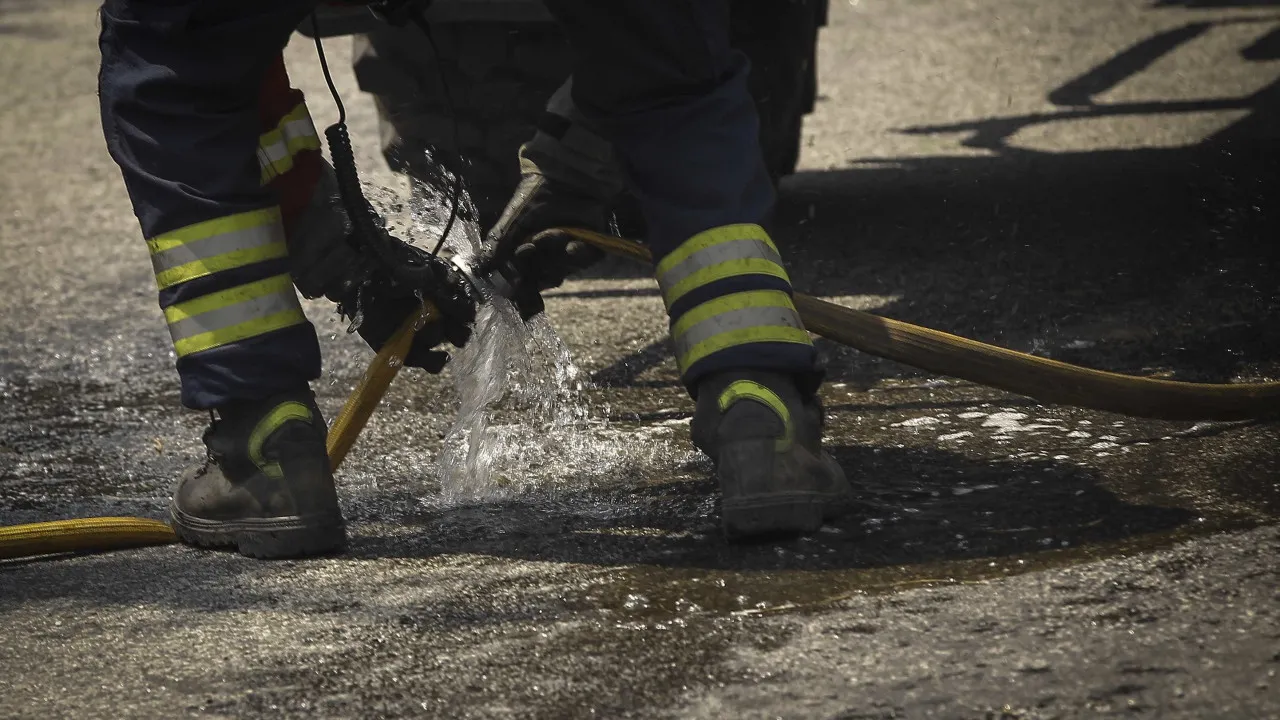
The Directorate-General of Health (DGS) advises that, due to their increased vulnerability to the effects of this phenomenon, these groups should, whenever possible, remain indoors, preferably with windows closed.
For the general population, the health authority recommends avoiding prolonged exertion, limiting outdoor physical activity, and avoiding exposure to risk factors such as tobacco smoke and contact with irritants.
In a statement on its website, the DGS mentions that an air mass from the North African deserts carrying suspended dust is expected to cross mainland Portugal today, possibly extending into the following days.
“A situation of poor air quality is expected on the mainland, with an increase in concentrations of naturally originating inhalable particles in the air,” it emphasizes.
According to the DGS, this pollutant (inhalable particles — PM10) affects human health, particularly the most sensitive populations, such as children and the elderly, necessitating increased health precautions during such occurrences.
Should this forecast persist, the DGS also recommends that chronic patients continue their current medical treatments and, in case of worsening symptoms, contact the Health Line 24 (808 24 24 24) or seek medical services.




